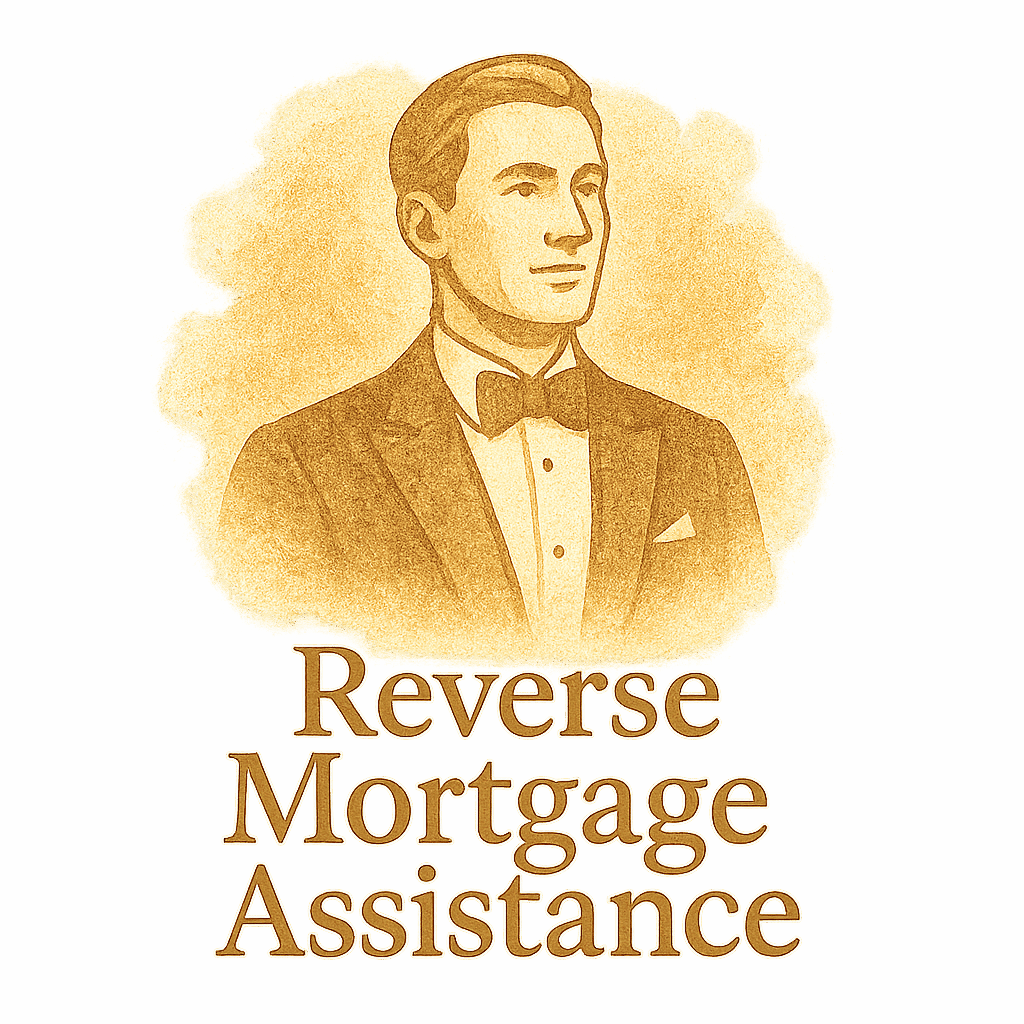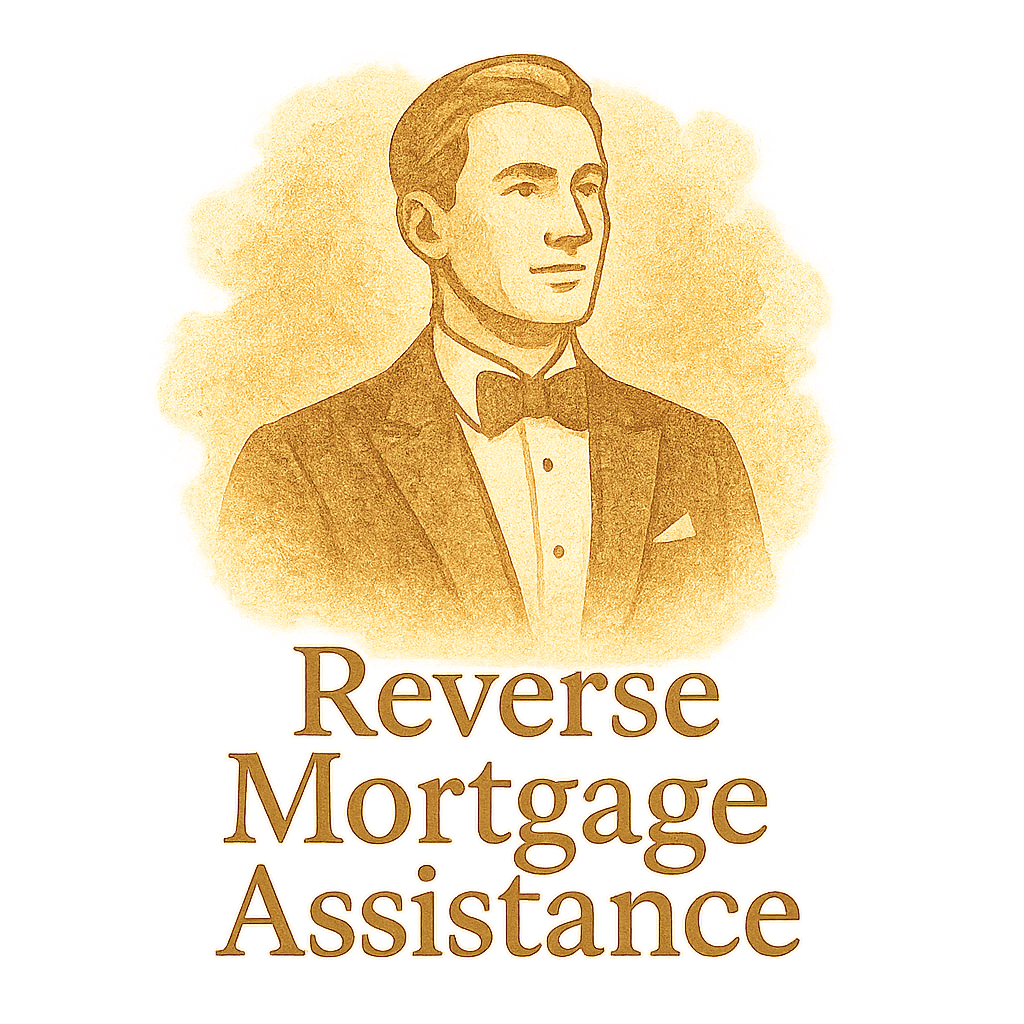What Is a Reverse Mortgage?
If you’re a retiree or soon-to-be retiree, you’ve likely heard of reverse mortgages. Maybe you’re curious, maybe you’re skeptical—and you’re not alone. A reverse mortgage is a financial tool designed to help homeowners aged 62 or older convert part of their home’s equity into cash.
It’s not a scam. It’s not a last resort. In fact, when used wisely, it can be a game-changer in retirement planning.
How Reverse Mortgages Work
Instead of making monthly mortgage payments, a reverse mortgage pays you—in lump sum, monthly payments, or a line of credit. The loan is repaid when you move out, sell the home, or pass away.
Who Qualifies for a Reverse Mortgage?
You must:
- Be at least 62 years old.
- Own your home outright or have a low mortgage balance.
- Live in the home as your primary residence.
- Be able to maintain the property and pay taxes/insurance.
Want to dig deeper? Learn the basics of reverse mortgages to build a solid foundation.
Common Misunderstandings About Reverse Mortgages
Reverse mortgages are often misunderstood. And let’s be real—misinformation spreads fast.
Myth vs. Reality: Reverse Mortgage Edition
“You Lose Ownership of Your Home”
False. You still own your home. The lender just holds a lien—just like with any other mortgage.
“You Can Owe More Than Your Home’s Worth”
Not quite. Thanks to federal non-recourse rules, neither you nor your heirs are responsible for paying more than the home is worth when sold.
We break down these and more in our Mortgage Myths & Truths section.
Truth #1: You Keep Ownership of Your Home
This is one of the biggest truths—and one of the most empowering.
Understanding Non-Recourse Loans
A reverse mortgage is what’s known as a non-recourse loan. That means even if your loan grows to be more than the home’s value, you or your heirs won’t owe the difference.
It’s about accessing your home’s equity, not giving it away.
Check out this guide to home equity and retirement for more.
Truth #2: Reverse Mortgages Are Heavily Regulated
There’s a common fear that reverse mortgages are risky or unregulated. That was decades ago. Today, they’re one of the most regulated loan products on the market.
Federal Protections for Borrowers
The FHA and HUD set strict guidelines to protect seniors. That includes:
- Mandatory third-party counseling
- Limits on how much you can borrow
- Protections for non-borrowing spouses
Legal Guidelines & Protections
Lenders must follow legal frameworks laid out by HUD. Explore detailed legal protections for borrowers in our legal and regulatory section.
Truth #3: Funds Can Be Used Flexibly in Retirement
This is where it gets exciting. Reverse mortgage proceeds can be used however you need—no restrictions.
Common Ways Retirees Use Their Reverse Mortgage
- Pay off debts or existing mortgage
- Cover medical expenses
- Travel and leisure
- Delay Social Security withdrawals
- Home modifications for aging in place
Mortgage Planning Options
A reverse mortgage can be part of a smart, long-term financial plan. Visit our section on mortgage planning to learn more.

Truth #4: Your Heirs Have Choices
Some folks worry about what happens to their kids or heirs. Here’s the good news—they have options.
Repaying the Loan or Selling the Home
When the loan becomes due:
- Heirs can sell the home, repay the loan, and keep the difference.
- Or refinance to keep the home themselves.
Visit our resources on inheritance outcomes to understand all possible scenarios.
Truth #5: Reverse Mortgages Aren’t for Everyone—But They Can Be Powerful
Let’s not sugarcoat it. This isn’t a one-size-fits-all solution. But for many retirees, it’s a lifeline.
Who Benefits Most?
- Homeowners with significant home equity
- Retirees who want to age in place
- Seniors with limited retirement income
- Those who don’t plan to leave the home as inheritance
Loan Comparisons and Planning
It’s critical to compare loan options. Our loan comparison guide can help.
Planning Ahead with Confidence
Why Education Matters
Informed decisions are empowered decisions. Understanding the terms, benefits, and obligations can lead to peace of mind.
We highly recommend exploring reverse mortgage case studies to see how others have benefited.
Reverse Mortgage Basics
New to all this? Start from square one with our easy-to-understand guide to mortgage basics.
Conclusion
A reverse mortgage isn’t just a financial product—it’s a strategy. For retirees looking to unlock freedom, reduce stress, and stay in their homes, the truths we’ve covered today can be genuinely life-changing.
Forget the fear. Forget the myths. Focus on the facts.
Want to go further? Visit Reverse Mortgage Assistance and explore tailored tools, comparisons, legal information, and real-life outcomes that help retirees make better decisions with confidence.
FAQs
1. Is a reverse mortgage taxable income?
Nope! The funds you receive are considered a loan advance, not taxable income.
2. What happens if I outlive the loan?
You can stay in your home for as long as it’s your primary residence and you meet the loan terms.
3. Can I pay off a reverse mortgage early?
Yes, there’s no prepayment penalty. You can pay it off any time.
4. Do reverse mortgages affect Social Security or Medicare?
No, they do not affect regular Social Security or Medicare benefits.
5. Can I get a reverse mortgage on a second home or investment property?
No, reverse mortgages are only for your primary residence.
6. Are there upfront costs for a reverse mortgage?
Yes, expect closing costs, insurance, and origination fees. But these can often be rolled into the loan.
7. Is counseling mandatory before getting a reverse mortgage?
Absolutely! It’s a federal requirement to protect you and ensure you understand what you’re signing up for.


